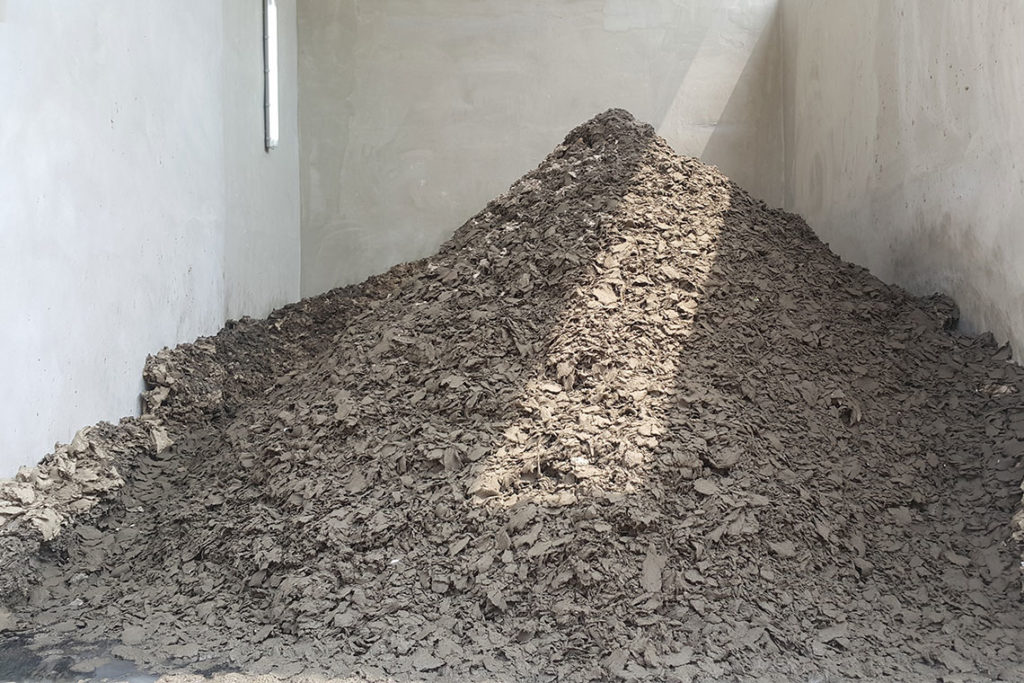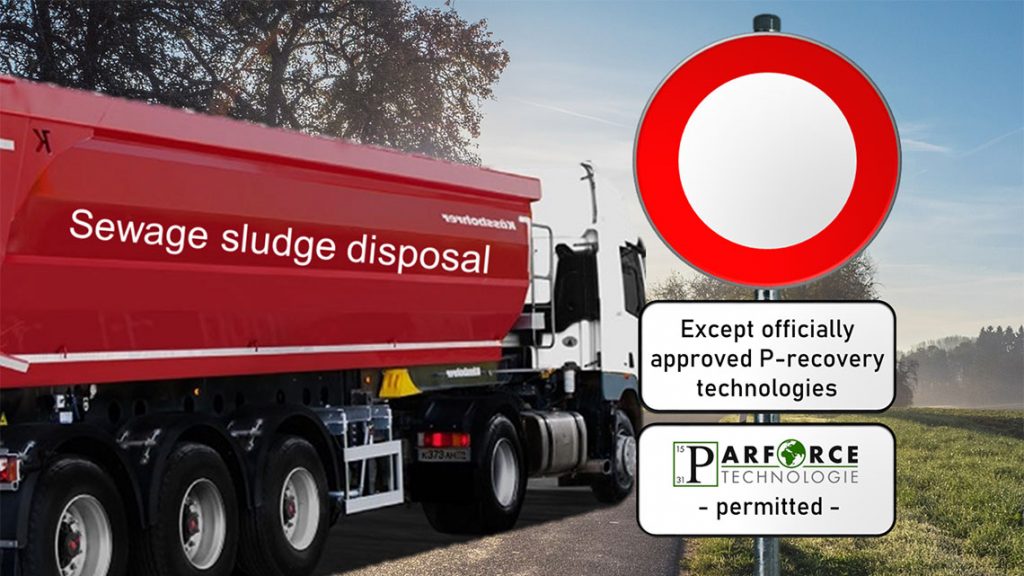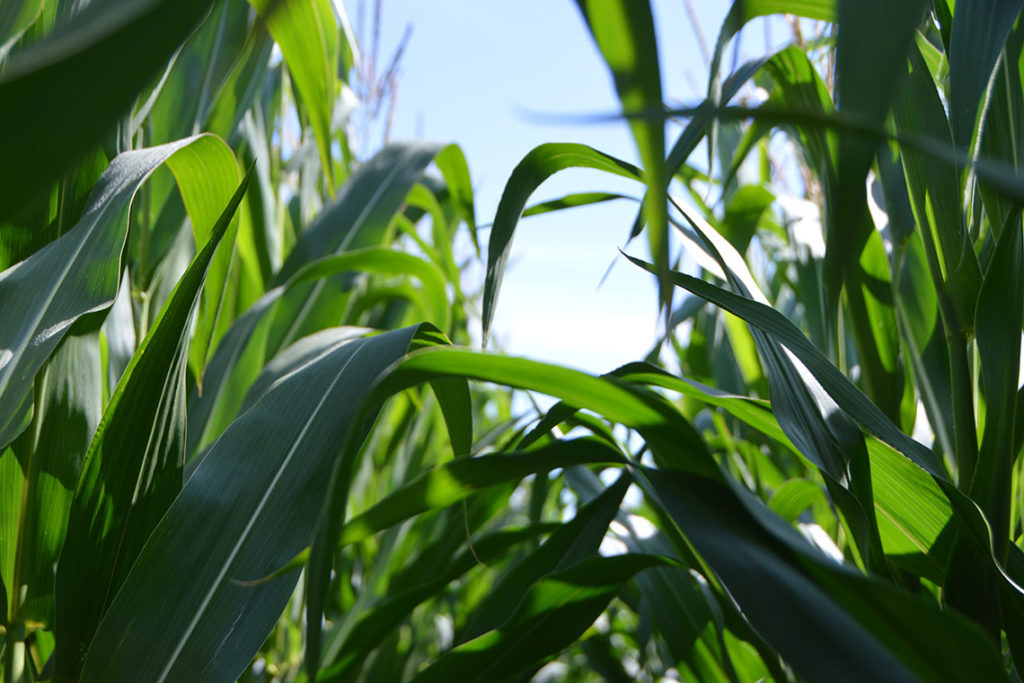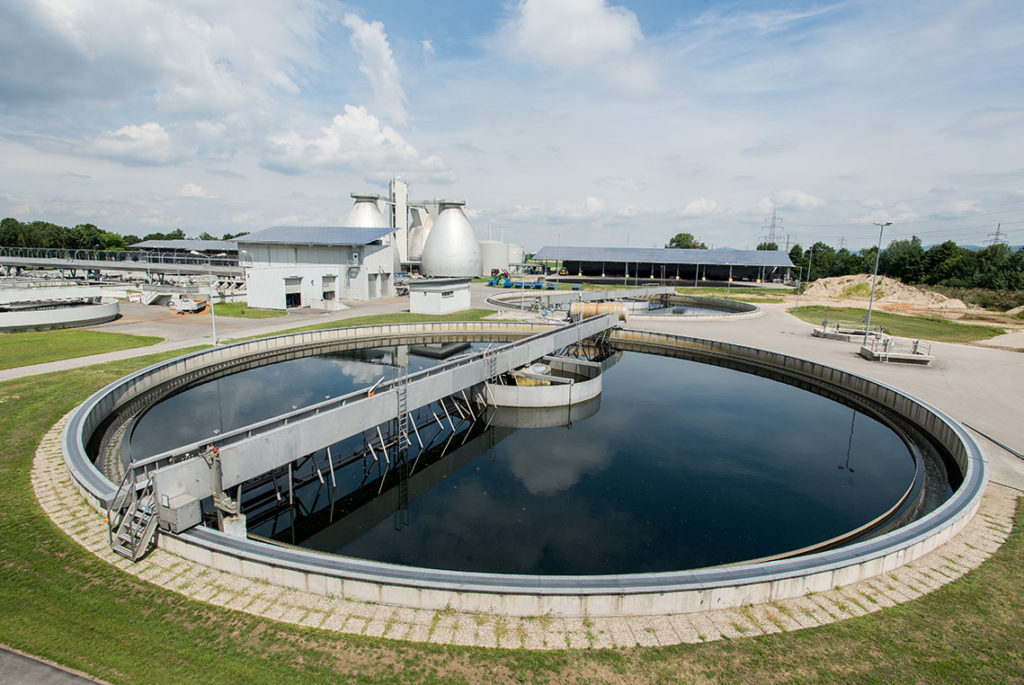The German Sewage Sludge Ordinance (AbfKlärV) is a special regulation within the German waste legislation and, until its amendment in October 2017, exclusively regulated the conditions under which soil-related utilisation of sewage sludge (agricultural for fertilisation purposes or for agricultural backfilling) is permissible.
In legal terms, sewage sludge is waste from completed wastewater treatment that must be disposed of.
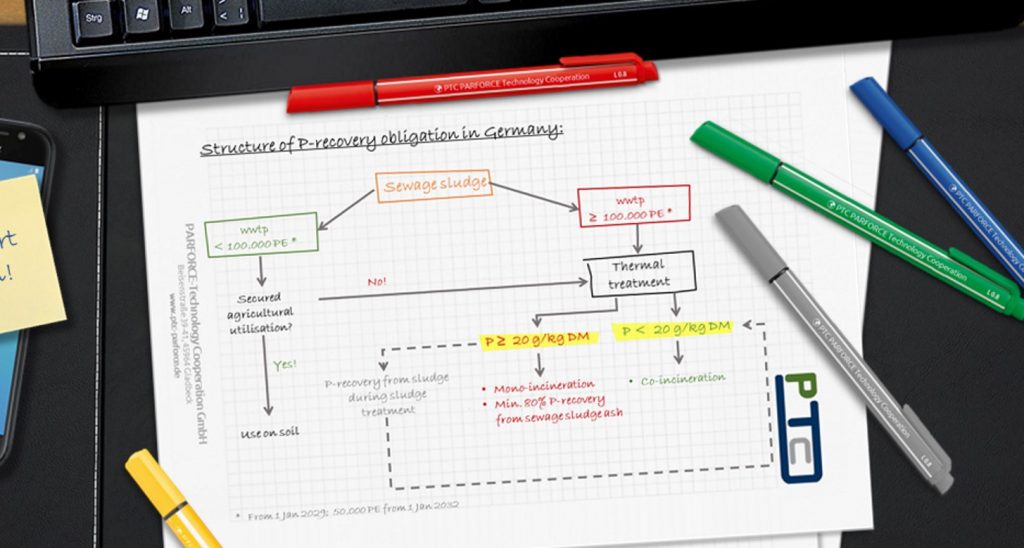
The amended AbfKlärV (BGBl. I, p. 3465) has been formulated as a so-called article law. The articles enter into force on specific dates and successively amend the ordinance. Soil-related utilisation of sewage sludge is relegated to the background.
Article 4 of the Act regulates the preparation of the implementation of phosphorus recovery and enters into force on 1. January 2023.
The actual obligation to thermally recycle sewage sludge and the definition of the requirements for phosphorus recovery are determined in Article 5. Article 5 enters into force on 1. January 2029 and applies to wastewater treatment plants with an officially approved treatment capacity of more than 100,000 PE (Population Equivalent).
Article 6 follows 3 years later and enters into force on 1. January 2032 and extends the scope of application to wastewater treatment plants with a capacity of 50,000 PE.
From 2029, soil-related utilisation of sludge will only be possible in rare or time-limited exceptional cases.
According to Article 4 in 2023, all sewage treatment plant operators must on the one hand, determine the phosphorus content of their sewage sludge and on the other hand, submit a concept to the competent authorities by 31 December 2023 on how phosphorus recovery is to be implemented. The concept shall describe which measures have been taken by then and which further measures are planned until 2029 in order to fulfil the requirements under waste legislation. In 2027, the phosphorus measurement shall be repeated and an updated concept shall be submitted to the authorities.
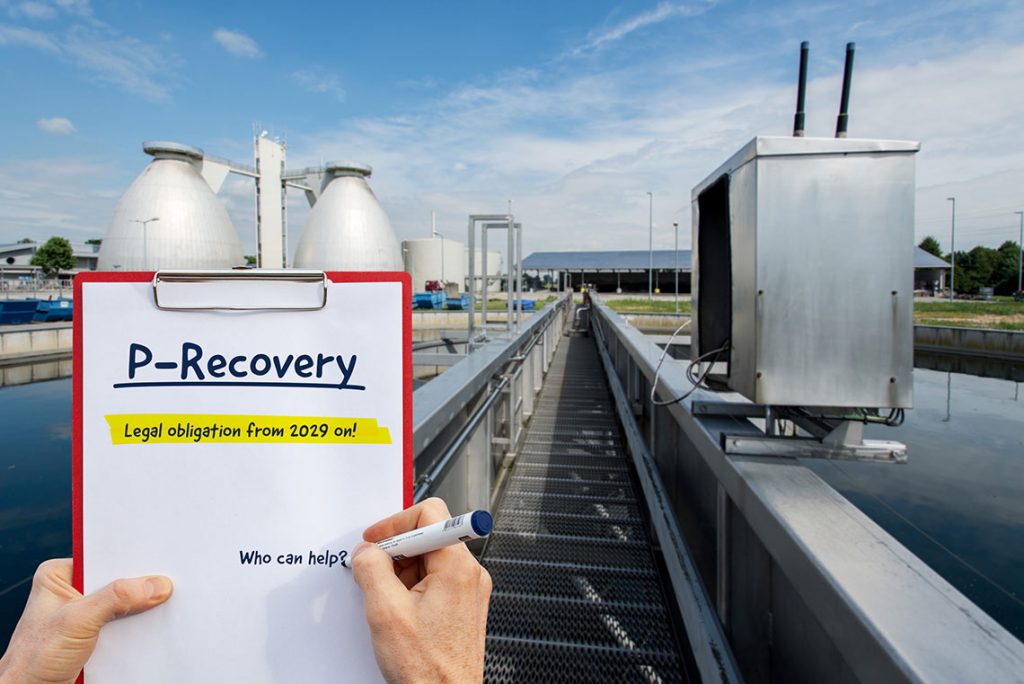
From 1 January 2029, the actual obligation to recover phosphorus comes into force if the sewage sludge dry matter contains 2% (threshold value) or more of phosphorus. The agricultural utilisation of sewage sludge is then no longer permissible in principle. Co-incineration will only be possible if phosphorus has already been sufficiently separated at the sewage treatment plant. Otherwise mono-incineration with subsequent P recovery is required.
